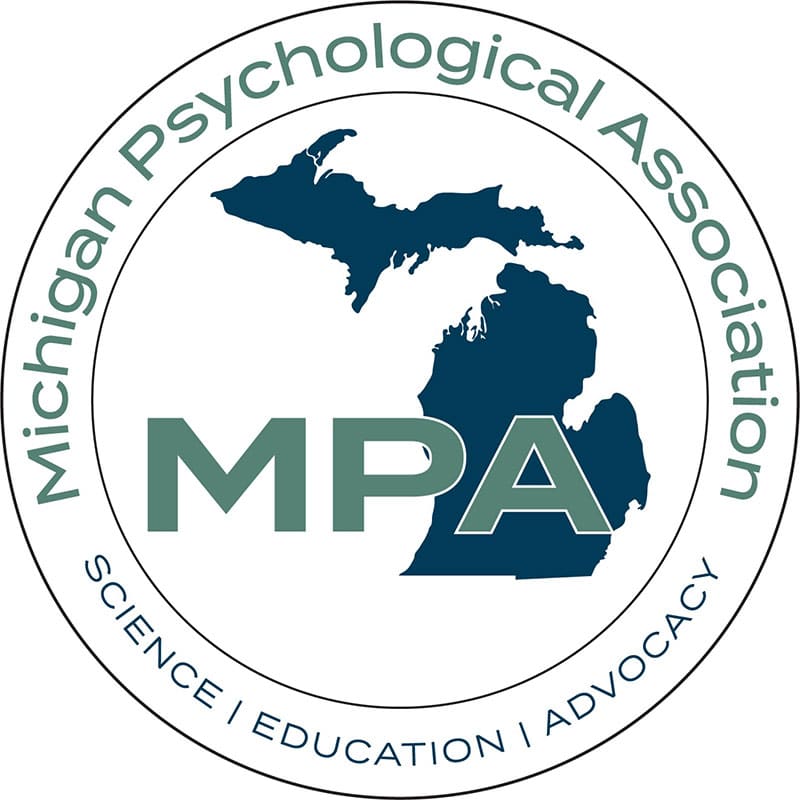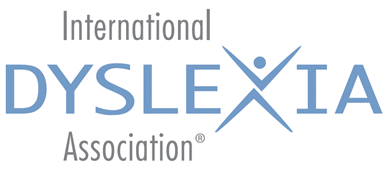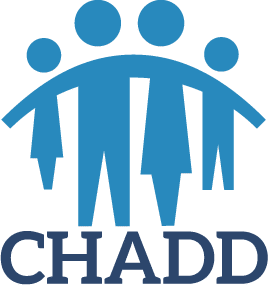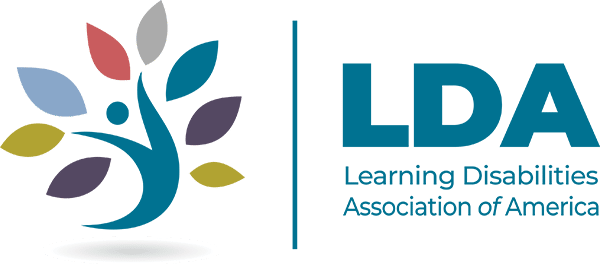Autism Treatment in Ypsilanti MI
In Ypsilanti, MI, we support children with autism through evidence-based autism treatments like Applied Behavior Analysis (ABA), speech, and occupational therapy.
Early diagnosis and personalized interventions consistently lead to measurable gains in communication, social skills, and daily independence. Local resources such as UM-ACTS and community programs facilitate progress and family engagement.
Michigan law guarantees insurance benefits for medically necessary autism treatment. To learn about evaluating providers, accessing financial support, and real-world family outcomes, further details follow.

Start Your Journey Here
Offering In-Person and Teletherapy Options For You or a Loved One
Understanding Autism Spectrum Disorder in Ypsilanti
Although the clinical presentation of Autism Spectrum Disorder (ASD) varies widely, we recognize it as a complex neurodevelopmental condition characterized by persistent challenges in social communication, restricted interests, and repetitive behaviors.
Data indicate that approximately 1 in 36 children in the United States are diagnosed with ASD, underscoring its prevalence and the importance of early intervention. One core feature involves atypical sensory processing—individuals may be hypersensitive or hyposensitive to sounds, lights, textures, or other stimuli, impacting daily functioning.
Difficulties in social skills are also central, affecting the ability to interpret social cues, initiate conversations, or develop peer relationships. Understanding ASD requires us to appreciate the spectrum of strengths and needs each individual presents.
By grounding our approach in evidence-based knowledge, we can better tailor support and interventions, aiming to enhance quality of life and foster meaningful participation within our communities.
Early Signs and Diagnosis for Autism Treatment in Ypsilanti
Identifying developmental differences early can significantly impact outcomes for children in Ypsilanti. We rely on standardized screening tools and evidence-based criteria to recognize early signs of autism spectrum disorder.
Local clinics and experts offer diagnostic resources to guarantee families receive timely and accurate assessments.
Recognizing Developmental Differences
When parents and caregivers in Ypsilanti observe that a child isn’t meeting expected developmental milestones—such as delayed speech, limited social engagement, or repetitive behaviors—these may be early indicators of autism spectrum disorder (ASD).
We know that recognizing these developmental differences early can substantially influence outcomes. Research shows that children with ASD often present challenges in social skills, including difficulty with eye contact, responding to their name, or engaging in typical peer interactions.
Sensory processing differences are also common, with some children exhibiting heightened or reduced sensitivity to sounds, textures, or lights. As we seek to serve children and families, it’s essential to note these patterns objectively.
Early recognition empowers us to provide timely support and interventions that align with each child’s unique developmental profile.
Local Diagnostic Resources in Ypsilanti
Since early intervention correlates with improved long-term outcomes for children with autism, accessing reliable diagnostic resources in Ypsilanti is crucial. Local clinics, such as the University of Michigan Autism Consultation and Treatment Services (UM-ACTS) and the Washtenaw Intermediate School District, offer thorough assessments.
These evaluations focus on early signs, such as sensory processing differences and challenges in social skills. By utilizing standardized diagnostic tools, clinicians help identify autism spectrum disorder with accuracy and objectivity.
We can collaborate with pediatricians or school psychologists to initiate referrals. Early and precise diagnosis allows families and educators to implement evidence-based interventions promptly.
By staying informed about Ypsilanti’s diagnostic options, we’re better equipped to serve children and families, ensuring ideal developmental trajectories and support for each unique individual.
Ypsilanti Applied Behavior Analysis (ABA) Autism Therapy Options
Although a range of interventions exist for autism, Applied Behavior Analysis (ABA) remains the most widely researched and evidence-based therapy for children in Ypsilanti, MI.
When we consider ABA therapy options, we prioritize methods that use data to shape behavior and promote meaningful progress. ABA supports children in developing vital social skills and managing challenging behaviors, often incorporating sensory integration strategies to address individual differences.
As we evaluate ABA providers, it’s crucial to recognize that quality programs are tailored to each child’s unique needs.
Some crucial features of effective ABA therapy options include:
- Individualized treatment plans based on thorough assessment data.
- Ongoing data collection and analysis to monitor progress.
- Integration of sensory integration techniques to enhance engagement and learning.
- Direct teaching and generalization of social skills across settings.
Ypsilanti Speech and Occupational Therapy Resources
In addition to ABA therapy, many children with autism in Ypsilanti benefit from coordinated speech and occupational therapy services. By systematically tracking speech milestones, we can identify language delays early and implement targeted interventions.
Local providers, such as pediatric speech-language pathologists, use data-driven assessments to develop individualized treatment plans. These plans focus on improving expressive and receptive language, social communication, and articulation skills.
For occupational therapy, evidence-based occupational strategies address sensory processing, fine motor coordination, and daily living skills. Therapists collaborate closely with families and educators to ensure interventions are functional and transferable to everyday environments.
Standardized tools, such as the Sensory Profile or Peabody Developmental Motor Scales, support objective progress measurement.
Local Ypsilanti Support Groups and Community Programs
We see strong evidence that local support groups in Ypsilanti connect parents, providing structured opportunities for networking and sharing resources. Data from community surveys highlight a growing number of inclusive recreational activities designed for children on the autism spectrum.
By participating, we can access both peer support and tailored programs that enhance social and developmental outcomes.
Ypsilanti Autism Parent Networking Opportunities
How can parents in Ypsilanti, MI, effectively connect with others managing similar autism journeys? Building sturdy parent networking opportunities contributes to better outcomes for families and children.
Data shows that structured support systems enhance both peer mentorship and parent advocacy, reducing caregiver stress and increasing access to evidence-based resources.
In Ypsilanti, we can leverage local programs to maximize our collective impact:
- Join established parent support groups that facilitate peer mentorship and information exchange.
- Participate in advocacy trainings to strengthen our ability to steer educational and healthcare systems.
- Attend community forums focused on autism services, which foster collaboration and resource sharing.
- Engage with online platforms hosted by local organizations, expanding our network beyond geographic limitations.
These strategies empower us to serve and support each other more effectively.
Inclusive Recreational Activities
Why do inclusive recreational activities matter for families exploring autism in Ypsilanti, MI? Research shows that structured, inclusive programs support sensory integration and improve social skills in children with autism.
When we choose community programs designed for diverse needs, we foster environments where every child can participate without barriers. Local support groups and community centers in Ypsilanti offer evidence-based recreational activities—such as adaptive sports and sensory-friendly playgroups—that address both sensory processing and peer interaction.
Data indicates that participation in these programs increases engagement and reduces isolation, benefiting not just the child but the entire family unit. By prioritizing inclusive recreation, we help children build confidence, practice communication, and develop vital social skills in a supportive, understanding environment. Let’s advocate for more accessible opportunities.
Choosing the Right Ypsilanti Autism Treatment Provider
Although numerous providers offer autism treatment in Ypsilanti, MI, selecting the right one requires careful evaluation of their credentials, therapeutic approaches, and measurable outcomes.
We must base our decision on evidence and prioritize interventions that yield proven benefits for individuals with autism.
When comparing providers, it’s vital to take into account the following factors:
- Credentials and Experience: Verify licensure, certifications, and years of experience treating autism.
- Range of Services: Assess if the provider offers multidisciplinary services, such as individualized diet plans and evidence-based educational methods, to support holistic development.
- Therapeutic Approaches: Investigate whether they use data-driven therapies, such as Applied Behavior Analysis (ABA), and track progress with measurable goals.
- Family Involvement: Consider if the provider actively incorporates families into treatment planning and education, which improves outcomes.
Insurance Coverage and Financial Assistance
Once we’ve identified qualified autism treatment providers in Ypsilanti, MI, the next step is to evaluate the financial feasibility of their services. We know that insurance policies play a significant role in determining access to vital therapies such as Applied Behavior Analysis (ABA), speech, and occupational therapy.
Michigan law requires many private insurance plans to cover medically necessary autism treatments for children, but coverage specifics—like copays, deductibles, and annual caps—can vary greatly.
We must verify the details of our insurance policies, including network restrictions and pre-authorization requirements.
In addition to insurance, financial grants and state-funded programs may help offset costs. Organizations such as the Michigan Autism Alliance and the Autism Alliance of Michigan offer guidance on available financial grants.
We should also consider local nonprofit agencies that provide direct financial assistance or connect families with additional resources. By strategically leveraging these options, we can help guarantee that financial barriers don’t impede access to effective autism treatment.
Success Stories From Ypsilanti Families
As families in Ypsilanti access evidence-based autism treatments, measurable progress emerges in communication, social skills, and daily living activities.
We’ve witnessed firsthand the transformative impact of targeted interventions, particularly those focusing on sensory integration and social skills development.
Empirical data and family feedback highlight several crucial outcomes:
- Enhanced Communication: Children demonstrate improved expressive and receptive language, verified by standardized assessment scores.
- Improved Sensory Integration: Therapeutic approaches reduce sensory sensitivities, as reported by caregivers and tracked through occupational therapy evaluations.
- Social Skills Development: Structured group activities promote peer interaction, with observable gains in turn-taking, eye contact, and cooperative play.
- Increased Independence: Families report greater self-sufficiency in daily routines, including dressing, eating, and hygiene, supported by progress monitoring tools.
Conclusion
As we’ve explored, evidence-based treatments like ABA, speech, and occupational therapy substantially improve outcomes for children with autism in Ypsilanti.
Early intervention and consistent support matter. Local providers, support networks, and financial resources can help families manage this journey.
By staying informed and proactive, we can guarantee access to the most effective care for our loved ones.
The data shows that with the right treatment and community support, children with autism can achieve meaningful progress.
Experienced and Highly Qualified Psychotherapy and Psychological Testing Services







